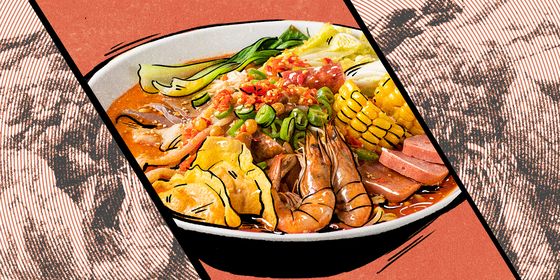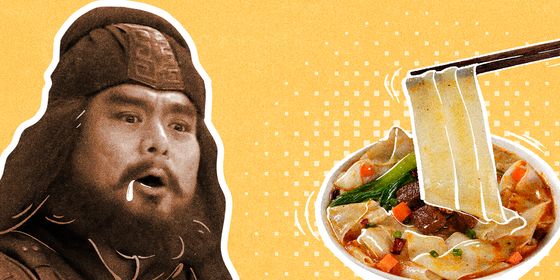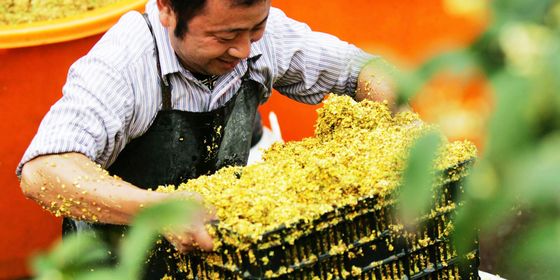A new documentary series, ‘Xiafancai,’ shows why China's simplest meals are also some of its most loved
For many Chinese raised on a diet of rice, a meal without a steaming bowl of it can leave one feeling empty, unfulfilled, and hungry, no matter how much other food they eat. So ubiquitous is the humble white grain that a whole genre of dishes exist just consisting of foods that make the perfect partner for rice.
“下饭菜 (xiàfàn cài, literally ‘food that go with rice’)” refers to homely dishes that make plain rice go down easier. In fact, the combination of these dishes with rice is so delectable that diners often end up chomping down far more of the white stuff than they normally would. Such meals can be found in just about every rice-eating household in the country, and everyone has a favorite.
Probably the simplest of all xiafancai is the legendary spicy sauce Laoganma, but there are many more nutritious (and delicious) rice partners out there. From stewed radish with sausage to fish head with tofu, these ingredients are best cooked in old-style wood-fired stoves, which bring out an earthy fragrance to food and give a rustic feel to dinnertime.
The ability of xiafancai to make diners consume huge amounts of rice almost subconsciously has seen them gain amusing nicknames such as “deceiving rice dishes (骗饭菜)” and “rice hammers (下饭榔头)” for their ability to “hammer” rice down the throat. Most of all, these dishes make the stomach feel at home.
A documentary series simply called Xiafancai, which began airing in April on streaming platform iQiyi, has tapped into viewers nostalgia for the humble dishes by taking viewers on a mouth-watering journey across China to (re)discover how ordinary people consume rice-partner meals in their apartments, farmhouses, street stalls, and even fishing boats. Viewers were also charmed by the relatable characters on camera—not professional chefs, but just as ordinary as the dishes they make. With little specialist equipment or written instructions, some chefs passed xiafancai recipes down through the generations by memory as they cooked for family members or friends. In a recent interview with The Paper, director Wang Shengzhi explained that when he first approached individuals to appear on the show, most of them first reacted with surprise: “I’m terrible at cooking. Why film me?”













